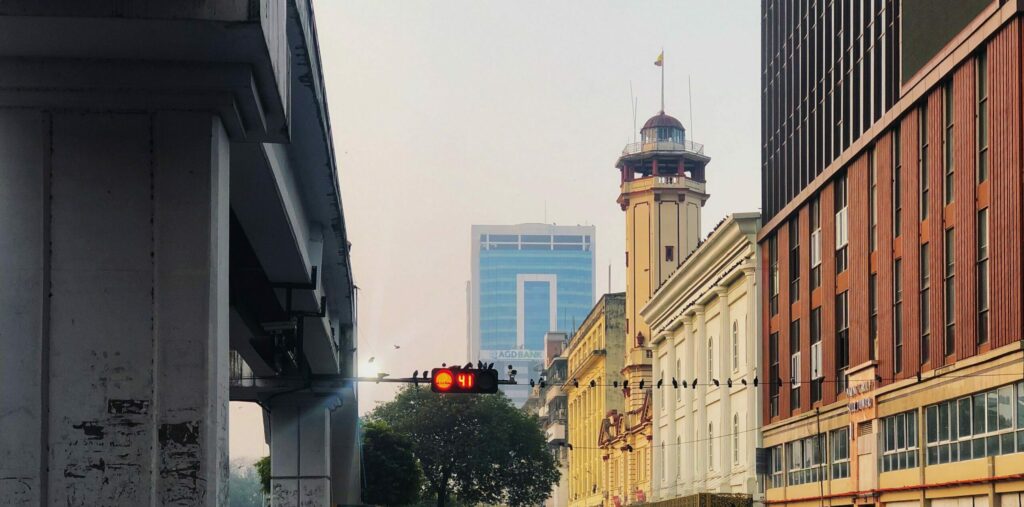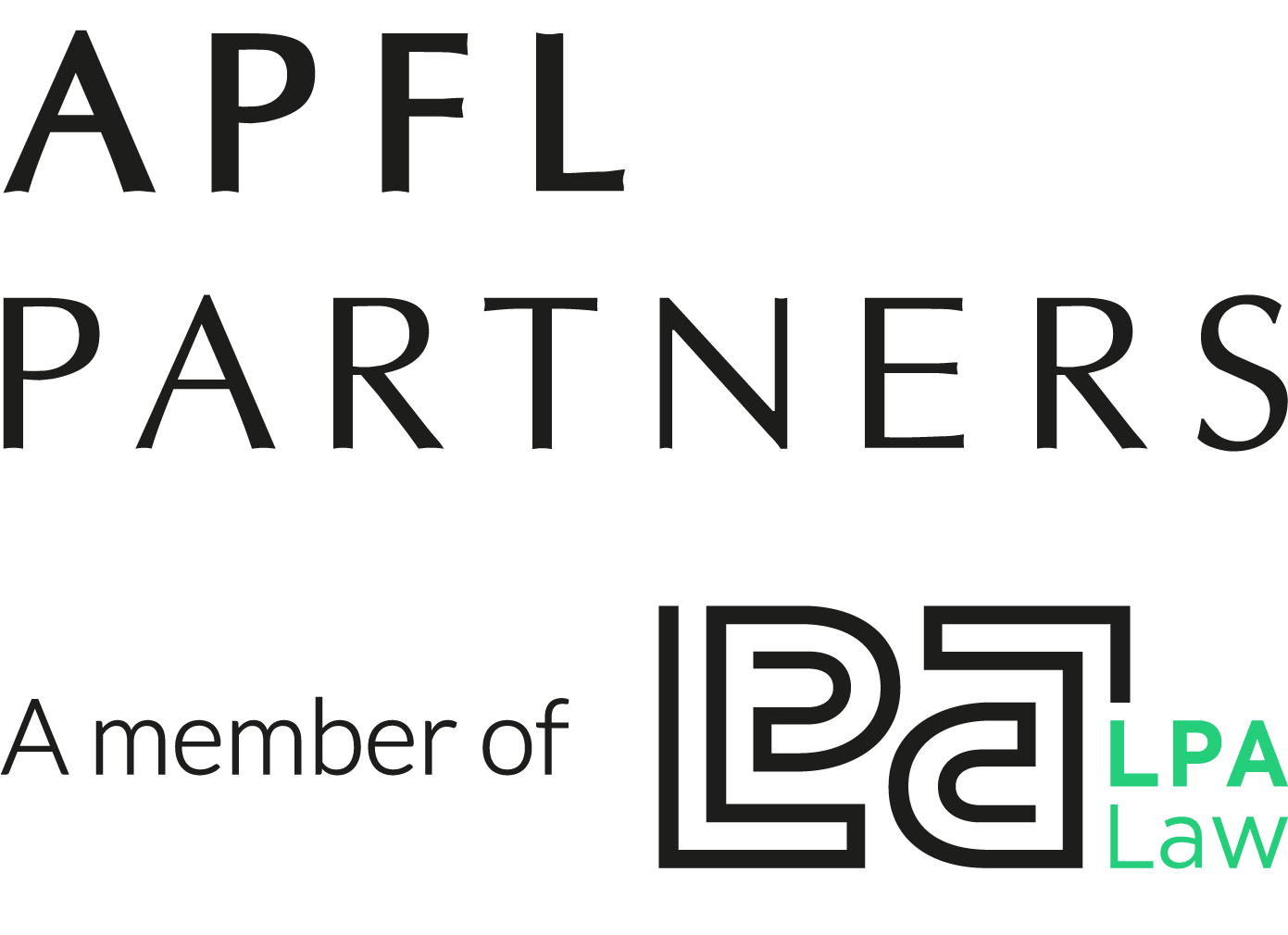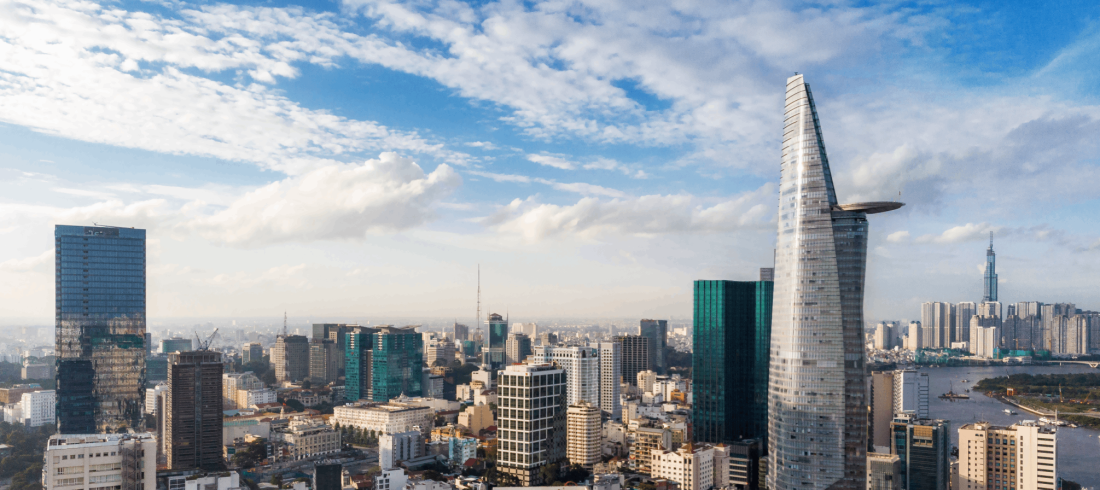Myanmar Added to the Financial Action Task Force Black List

On Friday 21 October 2022, Myanmar was put on the Financial Action Task Force’s (“FATF”) global financial “Black List”. In doing so, it joins countries such as North Korea and Iran.
What is the FATF?
The FATF is an inter-governmental body created in 1989. Based in Paris, it is an initiative of the “G7” group of nations. It is mandated to set standards and promote a regulatory framework to tackle money-laundering (“ML”) and terrorism financing (“TF”) gathering 37 members and two organisations.
What is the “Black List”?
The FATF identifies countries with serious strategic deficiencies or taking weak measures to combat TF and ML. These are categorised as a “high risk jurisdiction subject to a call for action”, with all those categorised as such known as the “Black List”. All FATF members are urged to do enhanced due diligence on these countries. In the most serious cases, members are urged to use counter measures to protect the international financial system from TF and ML.
This is different to the so-called “grey list”, which includes “jurisdictions under Increased Monitoring” – countries addressing the strategic deficiencies in their regimes pertaining to the FATF missions. These jurisdictions have committed to resolves issues in an agreed time frame. The FATF assesses countries based on threats, vulnerabilities and risks arising from the jurisdiction and, in particular, when they:
- Do not participate in an FATF-style regional body (“FSRB”) or do not allow mutual evaluation results to be published in a timely manner; or
- Are nominated by an FATF member or an FSRB. The nomination is based on specific ML, TF, or proliferation financing risks or threats coming to the attention of delegations; or
- Have achieved poor results on its mutual evaluation.
Myanmar Mutual Evaluation Report (2018) (“MER”) and the Follow Up Report (2022) (“FUR”)
In 2018, the new MER was adopted for Myanmar. The MER was prepared by the Asia-Pacific Group on Money Laundering (APG), an inter-governmental organisation of 41 Asia-Pacific members. This non-political, technical body is dedicated to implementing and enforcing the FATF standards. In the MER, Myanmar was found to be exposed to significant ML threats (drug production and trafficking; environmental crimes (including illegal resource extraction (jade), wildlife smuggling, and illegal logging); human trafficking; corruption; and bribery. The authorities were found to not demonstrate credible understanding of ML risks.
The fourth FUR, adopted in August 2022, reviewed the 40 recommendations of the FATF for Myanmar with disappointing results. Myanmar promised to address its deficiencies in 2020 through an action plan that expired in September 2021. In June 2022, the FATF urged the jurisdiction to complete its plan by 2022 without success. On 21 October 2022, FATF called on its members and other jurisdictions – and their financial institutions – to implement enhanced due diligence measures proportionate to the risk arising from Myanmar. In a statement from 21 October 2022, the FATF invited Myanmar to:
- demonstrate an improved understanding of ML risks in key areas;
- demonstrate that on-site/off-site inspections are risk-based, and hundi operators are registered and supervised;
- demonstrate enhanced use of financial intelligence in LEA investigations and increased operational analysis and disseminations by the FIU;
- ensure that ML is investigated/prosecuted in line with risks;
- demonstrate investigation of transnational ML cases with international cooperation;
- demonstrate an increase in the freezing/seizing and confiscation of criminal proceeds, instrumentalities, and/or property;
- manage seized assets to preserve the value of seized goods until confiscation;
- demonstrate implementation of targeted financial sanctions related to PF.
Implications
For now, without specific countermeasures, adding Myanmar to the ’Black List’ will not have concrete changes at this point: Banks and financial institutions are used to having enhanced controls over transactions with the country. For more information about investing or doing business in Myanmar, contact our team on: contact@apflpartners.com


